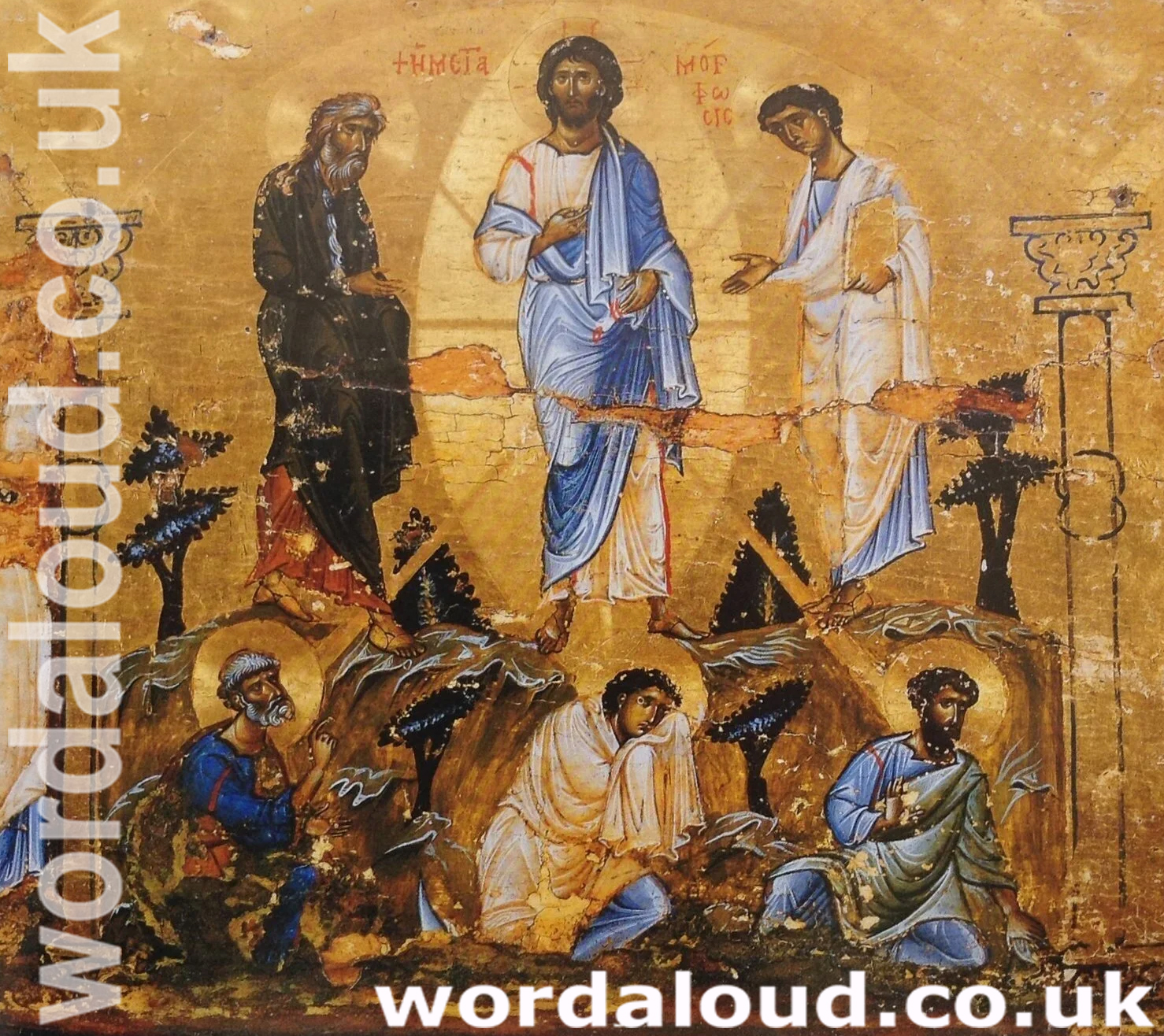Christian Art | Meaning Of Parables
Mark 4 | Why does Jesus speak in parables?
‘And he said, Go, and tell this people, Hear ye indeed, but understand not; and see ye indeed, but perceive not.’ Isaiah 6: 9
The parables constitute the heart of Jesus’ teaching. In our time, the stories remain to us strikingly vivid and fresh, touching us with an immediate sense of Jesus’ humanity. Indeed, such is their personal character that we have in the parables a sense of being with Jesus.
At the same time, we find ourselves bound to ask: What do the parables mean? We feel called upon to try to explain the parables, and we may wonder why Jesus taught in this way, telling stories with deeper, hidden meanings, which required explanation, and which the crowds might often not understand.
The struggle to understand the meaning of the parables has been present through the history of Christianity since Jesus. Explaining the parables is no straightforward task. Allegorical meanings are often assigned, and this is the way in which the parables are explained in the Gospels, such that, for example, the owner of the vineyard becomes God and the wicked tenants become those Jewish religious authorities who distort the Law to their own ends and reject the prophets, wilfully obscuring true faith and keeping the people from a free and proper relationship with God. Such interpretations are true, but still there is more; the code is not so simple as to say that x in the story means y in reality, and so on.

Meaning Of Parables
To get to the more profound meaning of the parables, we need to know that they are not merely social commentary or veiled attacks on the Jewish religious authorities, the elders, the scribes, and the Pharisees. The parables are not merely teaching us how to be good people or exposing the hypocrisy of those who do not practice the good they preach.
This is not to say that we do not understand the parables on this level. The good Samaritan is an inspiring figure – obviously we want to be like him. The father of the prodigal son is all that a father could be, his heart bursting with love when his son returns to him. We see the justice in the parable of Lazarus and the rich man – of course we feel the emptiness of riches and a compelling need to give what we can to the poor. These are good and worthy responses to the parables.
Jesus, though, is doing more that conveying sound moral precepts and a simplified theology through colourful, pithy stories. Jesus wasn’t crucified for accusing the Pharisees of being hypocrites, or for encouraging people to recognize what is truly of value in their lives, and to live for that. The parables are far more transformative than this. We are in the presence not of Jesus the liberal rabbi, but of Jesus who brings spiritual revolution.
It has been said that all the parables are ultimately eschatological; all point toward the imminent coming of the Kingdom of God. This is crude, and rather too forced in places, but we can see how the coming of the Kingdom clearly features. We will be judged. We do not know when the hour may be. We are warned to watch, to make good use of our gifts, to store treasure in heaven, to be ever alert to the master’s coming. We are attuned through the parables to this order of reality, our understanding of how to live being thereby reconfigured.
This must, then, lead us to consider the question of the coming of the Kingdom of God, when Christ will come in glory and the world will be judged. The parables teach us to watch, and yet the world didn’t end; there was no apocalypse, no cosmic meltdown, no dissolution of the old world and institution for the elect of the new. The parables, therefore, could not have been intended to point to a temporally imminent eschatology.
The parable of the mustard seed teaches Jesus’ disciples of how the Church will grow from small beginnings to encompass the world, offering the possibility of Christian faith and redemption to all. The seed to grow must fall into the ground and die for there to be life. Likewise, the small lump of leaven must be hidden in the dough for all the dough to rise. The veiled meaning of these parables is a further mystery, through which we read the death and resurrection of Jesus Christ.
It is when we understand that, at the heart of the parables, we confront the reality of Jesus Christ that we begin to engage more fully with the deep meaning, and that we begin to understand why Jesus taught in parables, veiling his teachings such as to render them deliberately obscure. As he explains to the disciples: ‘Unto you it is given to know the mystery of the kingdom of God: but unto them that are without, all these things are done in parables: That seeing they may see, and not perceive; and hearing they may hear, and not understand; lest at any time they should be converted, and their sins should be forgiven them.’ (Mark 4: 11-12)
Parables And The Mystery Of Christ
The material for the parables is drawn from everyday life. They engage Jesus’ listeners because there is so much that they can easily relate to. Jesus gets his audience into the story, and then there are the twists, the reversals, the shock of the unexpected – our sense of how things are is briskly overhauled. The final mystery remains, like the leaven or the mustard seed, deliberately buried, such that it may germinate and grow, to encompass the whole understanding, the figure of Christ crucified, the Kingdom come. We become Christ’s disciples, walking with him through the mystery, wholly engaged – with the whole understanding – in ways which would not be available should we not have had to think our way inside the parables.
The very fact that the meaning of the parables is hidden thereby engages the listener as a participant in the drama of Christ’s revelation of himself as the Son of God, our redeemer, and it draws us with Christ toward the cross. It is the mystery which propels Christ there. The Jewish authorities know well enough what Jesus is claiming, with his forgiveness of sin and his authoritative reinterpretation of the Sabbath, centring the Sabbath upon himself. For the people as a whole there is obscurity, such muddied understanding as leads to what at first seems a failure of mission, the ignominious death on the cross, which is in fact Christ’s triumph, enabling the greater conversion, for Christ to draw all of humanity to himself.
To this day Jesus is with us. He comes to us. Just as the parables drew on the everyday, familiar world of Jesus’ time, and within the stories the deep mystery of God, Father and Son, was hidden, so now we are drawn by the parables to recognize God in our modern world. The Kingdom of God is indeed imminent: we have only to open our hearts, our minds, our souls, and to call. The truth, then, is no longer hidden. Our life flows from Christ’s loving sacrifice. We live with the crucified Christ at the heart of the parables.








